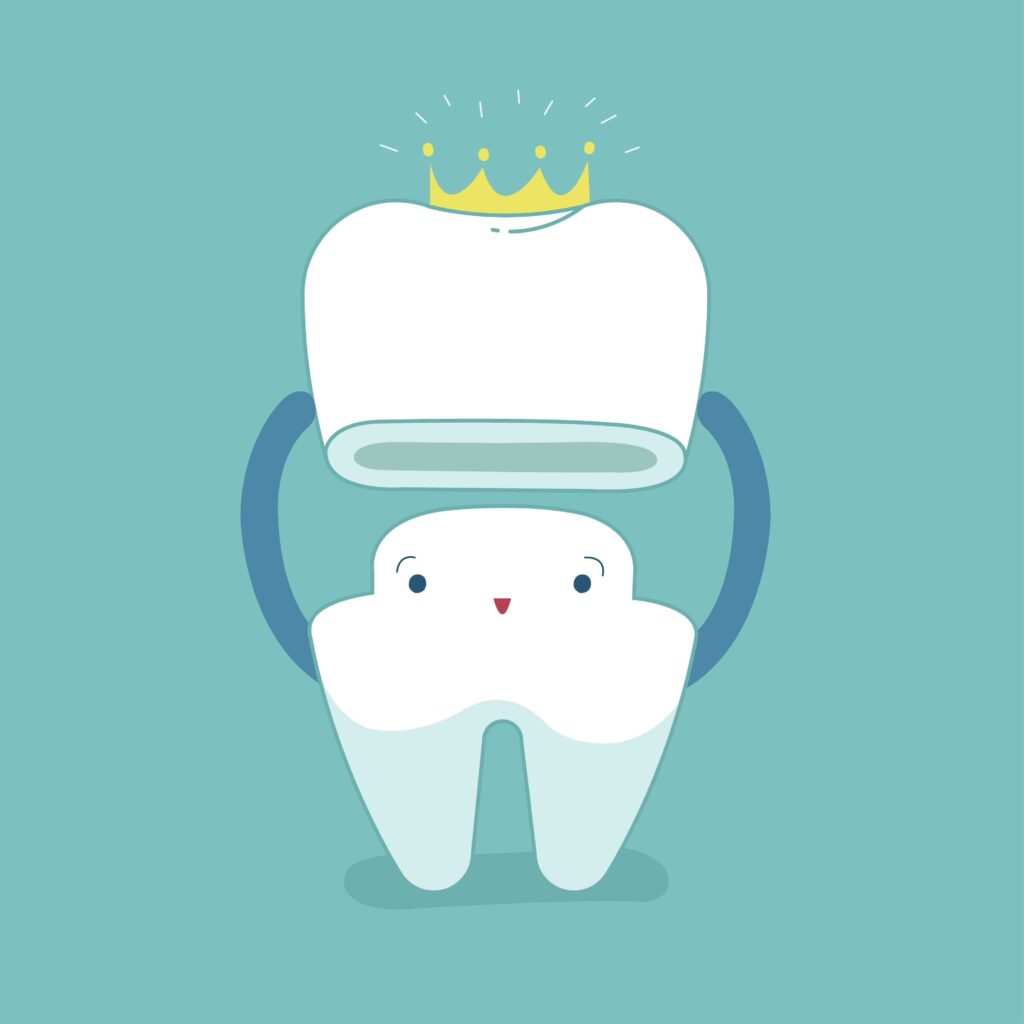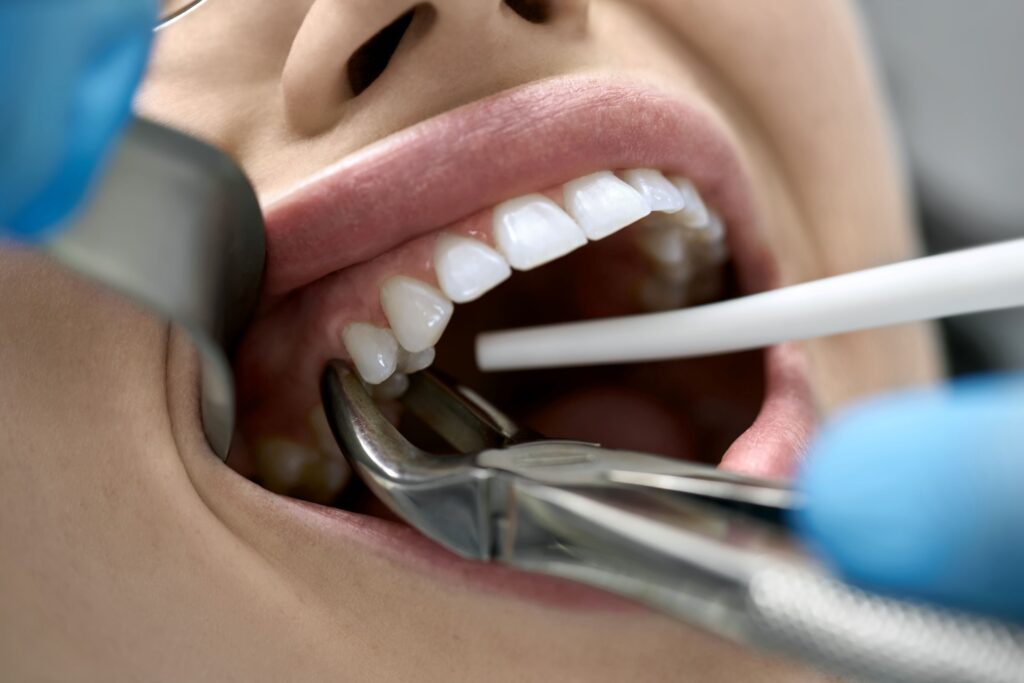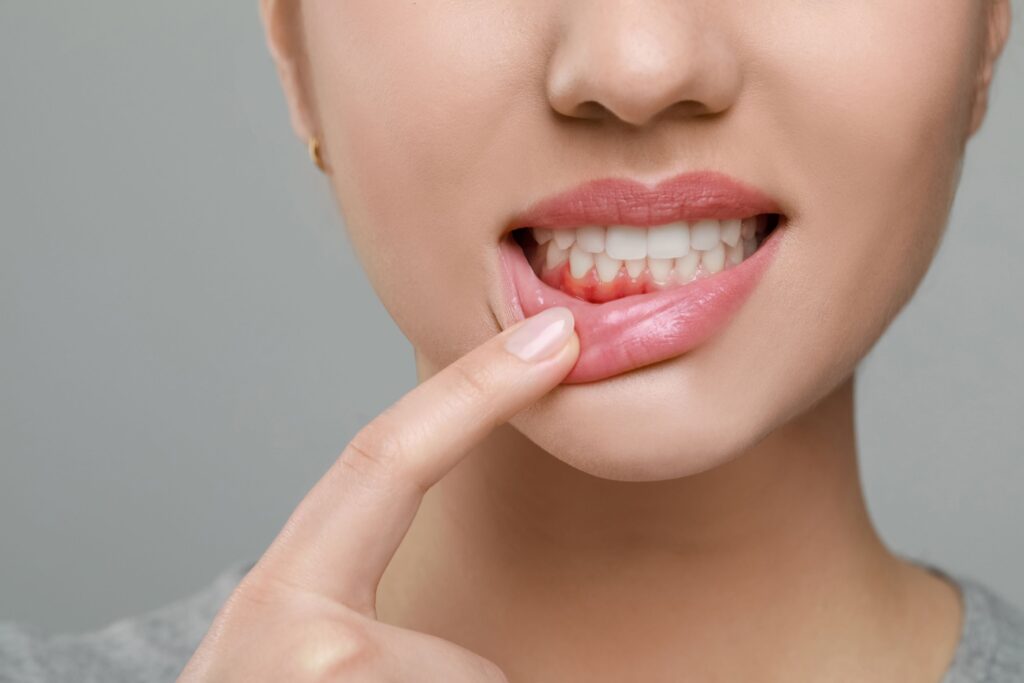
Without a doubt, dental bonding and veneers are some of the best cosmetic treatments out there. You could trust either one to make your grin more gorgeous than it’s ever been. That said, which of the two procedures would suit you and your situation best? Your Parsippany dentist is here to answer this question, thus making your choice easier. Keep reading to learn four factors you should consider when deciding between dental bonding and veneers.
(more…)








